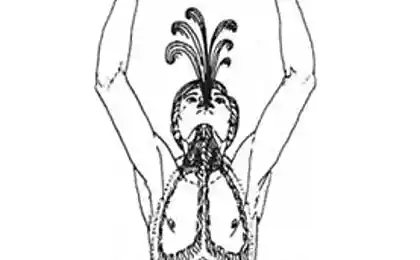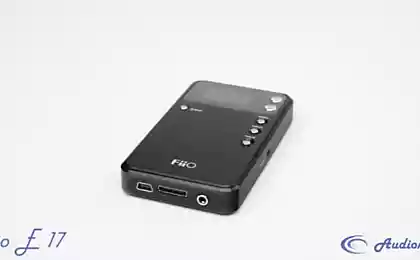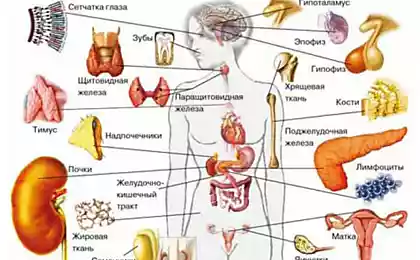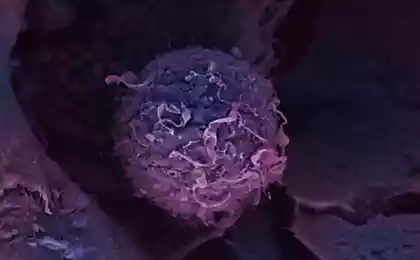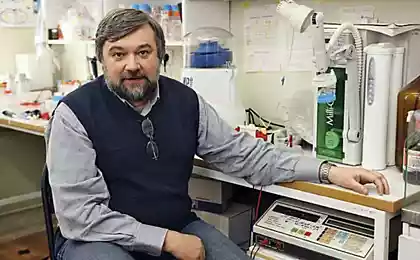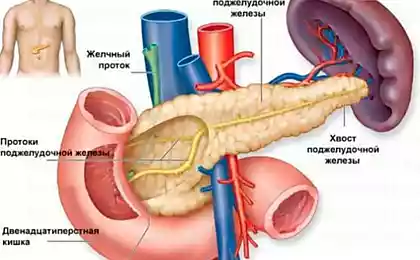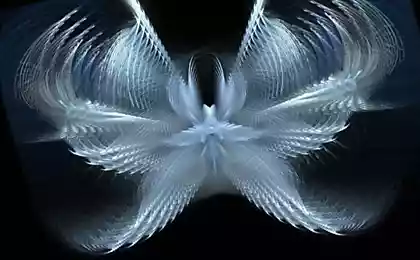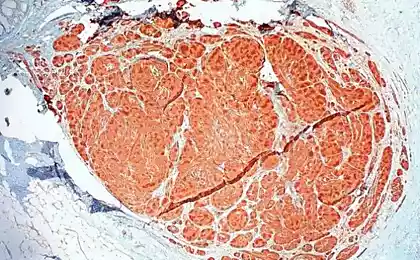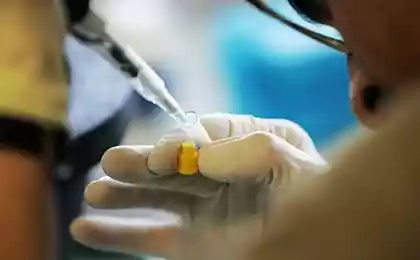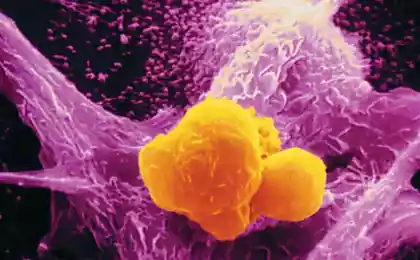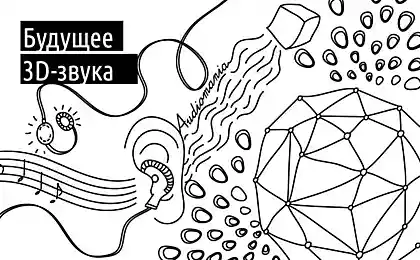461
Sound distinguishes cancer cells from blood

Researchers have shown how to detect cancer cells in blood using an inexpensive and effective method of replacing invasive biopsy. The technology, called "acoustic tweezers" that relies on sound waves and a disposable chip for separating cancer cells from blood cells.
Typically, cancer cells detach from the primary tumor and travel around the body through the blood. To find them is sometimes very difficult due to the fact that among one billion blood cells may be present only one cancer.
Existing methods require large amounts of appropriate antibodies that bind to cancer cells and help to isolate them. For this, the antibodies must be known. Other methods are complex. Using high-speed centrifuges for the separation of cells can also cause cell damage.
Sound waves, in turn, work quickly and at a lower cost. About five hours need tiny device to distinguish cancer cells from a sample taken from a normal patient.
The research team from the University of Pennsylvania, mit and Carnegie-Mellon have tested the device with blood samples from three patients with breast cancer. Tests showed high efficiency of the new method.

Acoustic isolation of cells is not invasive, does not change and does not damage the cells. System performance is 20 times surpassed all previous achievements.
Surface acoustic waves to separate cells, spending a tiny amount of energy. They have no damage, since its characteristics are similar to ultrasonic customcopy. They are safe even for a child in the womb.
The results of the study were published in the American journal Proceedings of the National Academy of Sciences.
The system works on the principle of two sound waves of equal length, running in opposite directions and compensating each other at a certain point. Inclined sound waves move right cells to the point where the flow that moves the collected cells by a separate channel.
The study was successfully separated more than 83 percent of the cancer cells. Scientists see a great potential of the new methods in the study, diagnosis and treatment of cancer.published
Source: hi-news.ru
James Altucher: a Manual for those wishing to radically change the sphere of activity
Larisa Reis: Stop doing things you don’t like – it will never lead you to success
